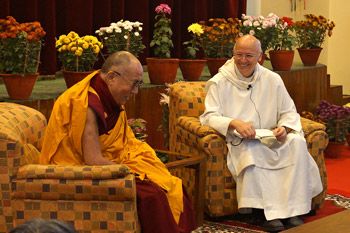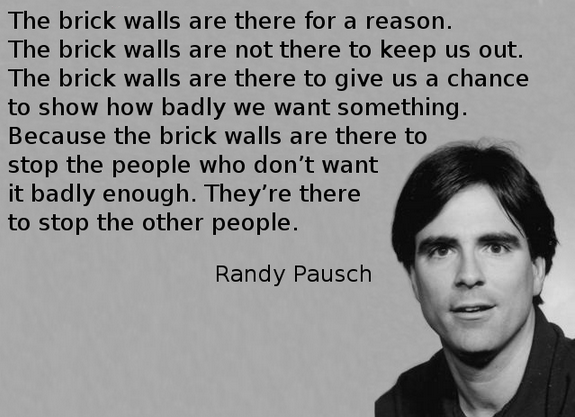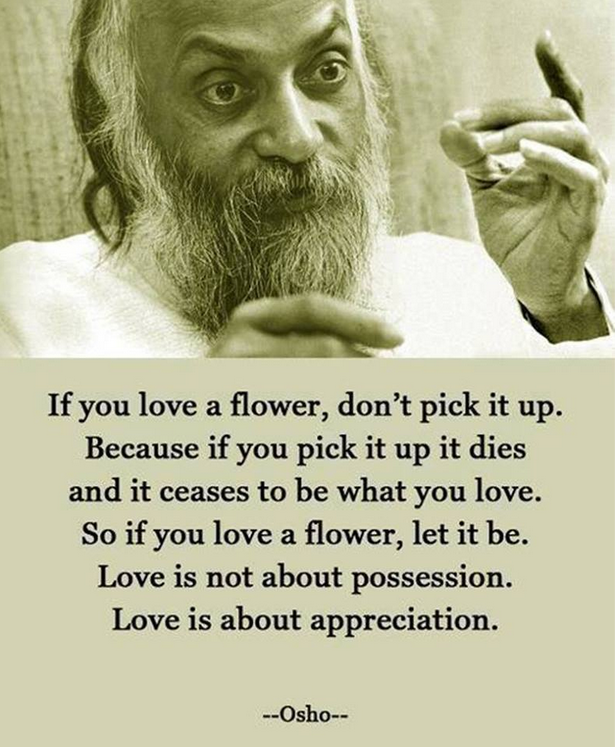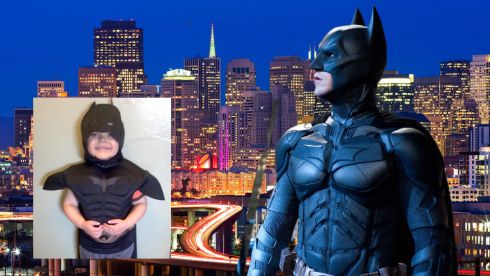
Via Dalailama.com
One of them asked about truth and His Holiness replied, “Once you are familiar with the truth, it has an effect on your mind. In his own teachings the Buddha described reality in different ways because of different dispositions and temperaments among his followers. When Christians and Buddhists come together we can say we have two versions of the truth, if a Muslim joins us there are three.”
Asked whether religion is necessary he said, “Religion is a kind of instrument for transforming our minds into something positive. Everyone wants to be happy and here in the twenty-first century material facilities are highly developed. Indeed since there are still so many poor people we need to have material development. However, a great deal depends on our becoming aware of the limits of material values and our beginning to look inward. So far material development by itself has failed to produce a happy society. “We are all human beings. When I meet someone I think, ‘Here’s another human being who like me wants to be happy.’ Formality just creates unnecessary barriers between us. As members of one human family we don’t need formality between us, so if I have something to say I’ll do so.”
Fr Laurence began to share his thoughts: “I think of Jesus as a human being, a historical person later understood as the Son of God. I relate to him as a natural Jesus, an extraordinary human being, one of the few who have become universal teachers. We know little about his early life, but we know that he had an awakening when he was baptised by John the Baptist and that the spirit of it led him into the desert for forty days. Jesus taught by example, so his life is consistent with his teaching. I asked you years ago how you remain so calm and peaceful and you replied ‘I try to be the same on my own as when I’m with close friends or in public.’
“All Buddhists accept that the Buddha was the son of a local king. When he realized that even for a prince life is full of problems and difficulties he sought a deeper meaning of life and an understanding of reality. He left the palace and spent six years meditating, fasting and living in hardship. In his own life he observed morality, concentration and wisdom. He attained enlightenment and came here to Sarnath to begin his teaching. He had no regard for social status, considering kings and beggars as equal; the important thing was practice.
“The simple thing is that while we are still alive, we should lead a meaningful life from day to day. That means helping others wherever we can, but at least avoiding doing them harm. Then when death comes we will have no regret and can feel confident of going to heaven or to a good rebirth. This is what I do myself. Even in my dreams I remember that I am a Buddhist monk, never the Dalai Lama. If death comes tonight, I’ll have no regrets and I hope this confidence will continue to prevail.”
Click to read more of the conversation between the Dalai Lama and Pope Francis.
Image via Jeremy Russell/OHHDL














